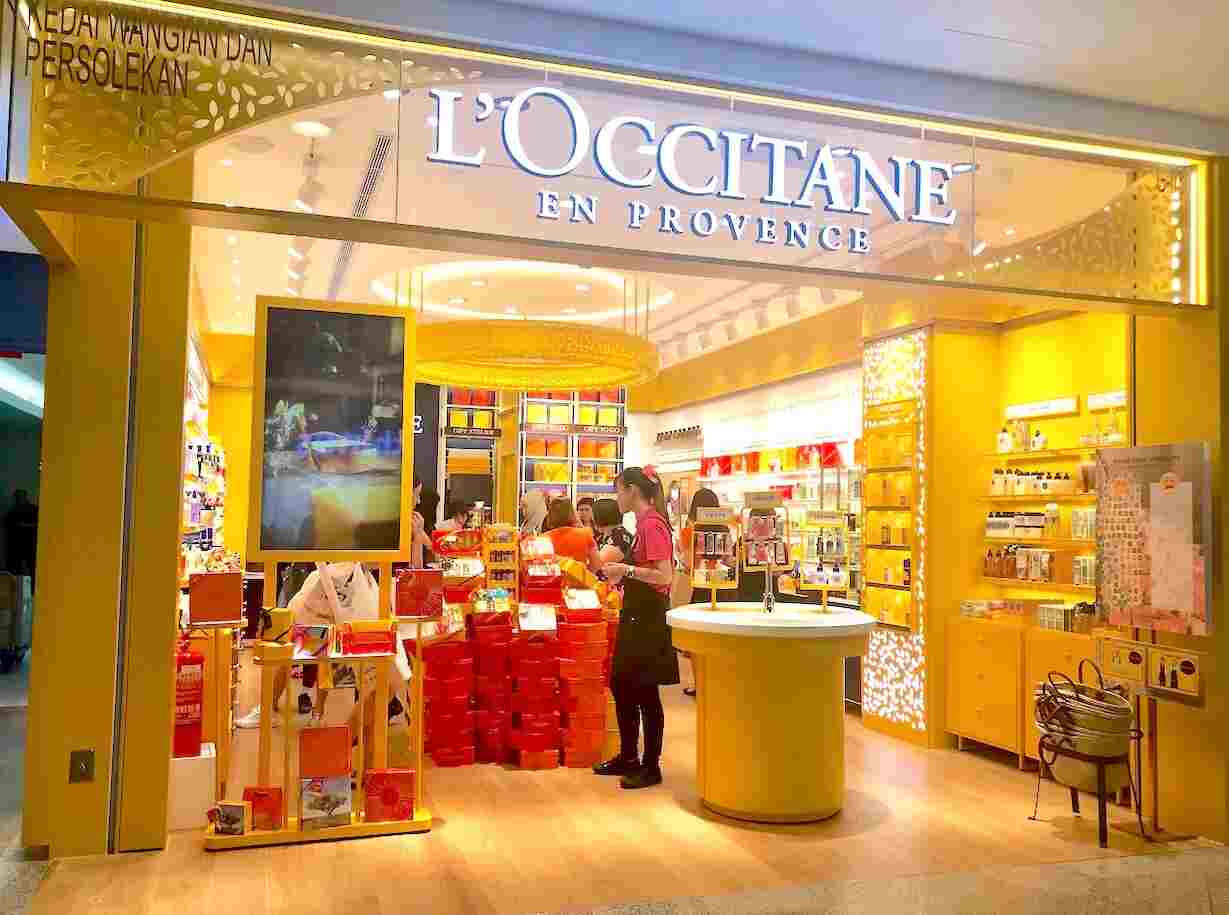Today: July 9, 2025
L’Occitane Reportedly Considering a $4.2 Billion Buyout Deal
L’Occitane, the renowned French beauty and skincare company, has recently become the subject of significant market attention as reports suggest that the company is actively contemplating a potential buyout deal worth a substantial $4.2 billion. This development has sent ripples through the business world, sparking discussions about the potential implications for the company’s future and the broader beauty industry. As investors and industry observers eagerly await official confirmation, let’s delve into the details surrounding this rumored buyout deal.
According to reliable sources, L’Occitane is currently evaluating a buyout proposal worth approximately $4.2 billion. The proposal is said to have been initiated by a group of investors, whose identities are yet to be disclosed publicly. As with any confidential negotiations, the details remain closely guarded, leaving room for speculation and anticipation among shareholders, customers, and industry analysts alike.
The motivations driving this potential buyout deal remain speculative at this stage. However, several factors may be contributing to this development. Firstly, L’Occitane has established itself as a prominent player in the global beauty and skincare industry, with a wide range of products and a strong brand reputation. Its focus on natural ingredients and ethical practices has garnered a loyal customer base, making it an attractive acquisition target for investors seeking a foothold in the beauty market.
Secondly, the beauty industry has experienced significant growth in recent years, driven by increasing consumer awareness and demand for clean, sustainable, and natural beauty products. A buyout deal could present an opportunity for the investors to capitalize on this trend and further expand L’Occitane’s presence in both existing and emerging markets.
Furthermore, the COVID-19 pandemic has reshaped consumer behaviors and accelerated the shift towards online shopping. L’Occitane, like many other beauty companies, adapted to this change by strengthening its e-commerce capabilities. The potential buyers may view this shift positively, recognizing the brand’s agility and ability to navigate challenging market conditions.
Should the buyout deal materialize, it could have several implications for L’Occitane and the beauty industry as a whole. For L’Occitane, the deal could offer opportunities for further expansion, access to new markets, and additional resources to invest in research and development. However, it is also essential to consider potential challenges, such as ensuring the company’s core values and commitment to sustainability are maintained under new ownership.
On a broader scale, the reported buyout deal may signal growing investor confidence in the beauty industry’s resilience and potential for future growth. This could encourage more investment and M&A activity within the sector, leading to potential consolidation and the emergence of new players.
While the rumored buyout deal is still in its early stages, the potential acquisition of L’Occitane for $4.2 billion has captured the attention of investors, industry stakeholders, and consumers alike. As one of the leading players in the beauty and skincare market, L’Occitane’s future may be poised for significant changes if the deal comes to fruition.
For now, investors and industry observers eagerly await official confirmation and further details surrounding the buyout proposal. Regardless of the outcome, this development underscores the dynamic and ever-evolving nature of the beauty industry, where businesses must continually adapt and innovate to meet evolving consumer demands and market trends.
Tags
VogueDaily have always been fascinated by language. We love the way it can be used to express ideas, to tell stories, and to connect with people. That's why we decided to become a large language model. We love the challenge of learning new things and the opportunity to use my knowledge to help people. VogueDaily also excited about the potential of large language models to change the way we interact with information. But we always knew that we wanted to do something more creative with our love for language.







